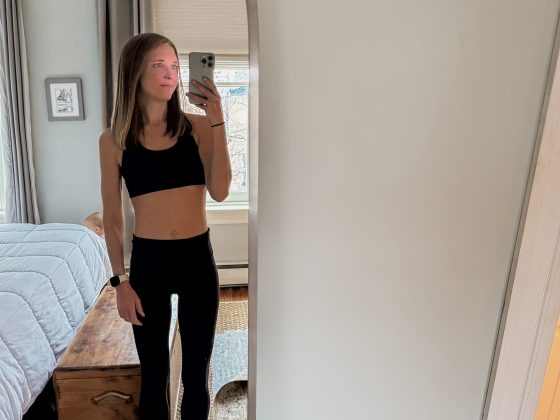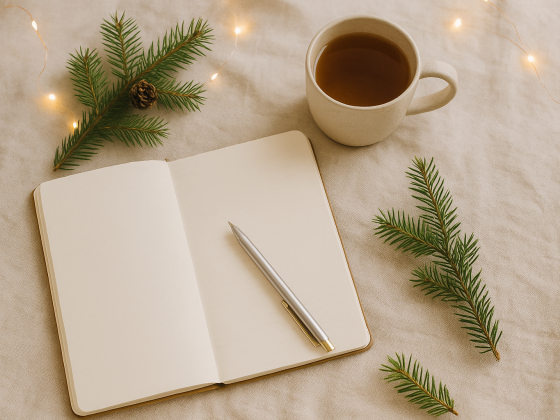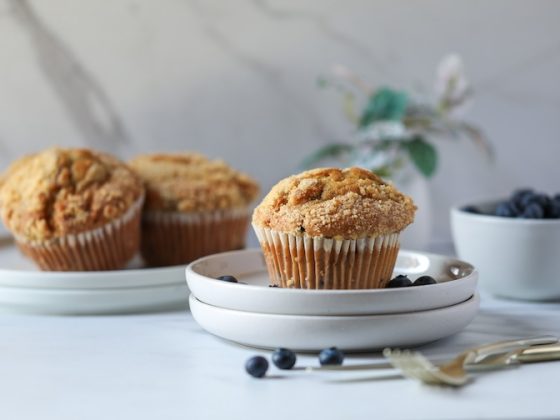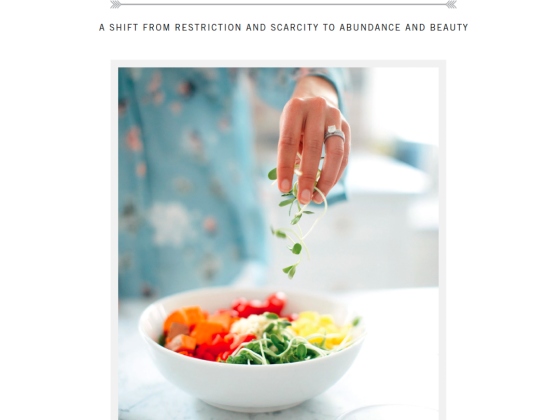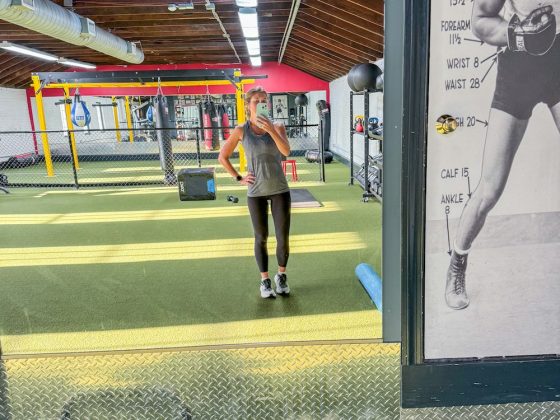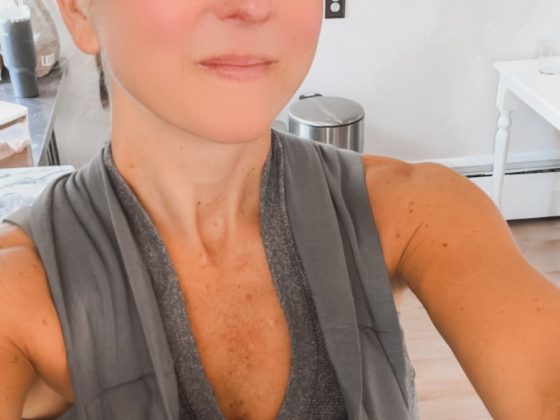Every morning after I pour my first cup of coffee, I step outside for two to three minutes. Why? Not only is this a refreshing way to wake up, but the natural sunlight is beneficial for my circadian rhythm, morning alertness, and mood.
What is your circadian rhythm?
Your circadian rhythm consists of your natural hormonal fluctuations throughout a 24-hour period. The two main hormones to keep in mind when it comes to your circadian rhythm are cortisol and melatonin. The former is your stress hormone, with the latter being your sleep hormone. If everything is working adequately, cortisol starts to rise overnight, peaking between 6am – 9am. It is what wakes you up and makes you feel alert. Throughout the day, it is on a gradual decline, hitting its low between 10pm and midnight. Simultaneously, melatonin is hitting its peak. Melatonin starts to rise between 4pm – 6pm, the window in which many people experience the “afternoon slump.” While we are meant to experience a dip in energy (your body is preparing for sleep), we are not meant to “crash.” This is a signal something is off.
How the modern day messes with our circadian rhythm.
Before electricity, when we rose with the sun and went to sleep after sunset, one’s circadian rhythm was in alignment with natural light. Bring in blue light from screens, poor sleep hygiene and stress, and there is no wonder many people’s mechanisms have gone haywire. We sit too long, work too hard, and worry too much. Our mostly sedentary modern society is not conducive to circadian rhythm regularity. Throw in the fact that many are walking around with mismanaged blood sugar due to poor nutritional choices, and this is a cocktail for hormonal chaos.
Lifestyle factors that support your circadian rhythm.
Certain habits across areas of holistic health can support your circadian rhythm. Nutrition, sleep, stress management, and movement must all be taken into account. Establishing morning and evening routines that benefit the natural rise and fall of cortisol and melatonin will help as well. Here are five factors that will keep your circadian rhythm in more of a balanced state.
Get enough natural light, especially in the morning. There was a good chance our primal ancestors were directly exposed to the outside world shortly after waking up. While our environment has changed drastically since, the same can’t be said for our biology. Within the first hour of waking up, try to step outside for a dose of natural light. Not only will this help your hormonal health in the early morning hours, but evidence shows it can help you fall asleep faster at night. The ability to get outside will depend on one’s living situation and climate of course, so if getting outside isn’t possible, research shows being by a window (or I recommend taking it a step further and actually sticking your head out of the window!) can be beneficial as well. Additionally, be careful about getting too much light in the evening hours, as that has been shown to delay sleep onset in some people.
Adopt good sleep hygiene habits. Sleep hygiene starts during the day. If you are staring at screens all day, this will negatively impact your ability to fall asleep. If changing the amount of time you spend on your phone or computer isn’t possible, try wearing blue light blocking glasses. Be honest with yourself about your screen time at night. Watching hours of television and keeping your phone by your bed (and then checking it in the middle of the night) isn’t doing you any favors. Determine a reasonable time to shut down. Opt for at least an hour before bed. Turn off the T.V. and read instead. Not only will this help decrease screen time, but reading could help get you to sleep faster (try to read a real book. E-readers have been shown to have an inverse relationship to sleep). If you fall into the (excuse) camp of needing your iPhone for your alarm the next morning, get an old-school alarm clock or use your watch. I retire my phone to its charger on a completely separate floor of my house. For other sleep hygiene hacks, read 5 Tips For Better Sleep Hygiene.
Find a rhythm with your meals. Sometimes the day unfolds unpredictably, and then so does meal time. Maybe there are days when you can’t really call what you eat meals at all. Life is busy. Whether you are a working professional, overwhelmed parent, or a combination of the two, this can lead to grazing, grabbing (and going), eating in your car or at your desk, all which can be detrimental to finding a rhythm with your food. While eating properly prepared meals at the same time every day might not be possible, try to find more regularity with when you eat. I like to set a goal that one meal a day must be eaten mindfully, at a table, with no phone or computer or television.
Move your body. As humans we are meant to move. We are also meant to move first thing in the morning. Think about it. Our primal ancestors didn’t wake up and then sit for six to eight hours a day. They immediately went foraging for food. This didn’t entail walking ten steps to their kitchen, but rather they most likely walked for miles until they found sustenance. Clearly we aren’t cavemen, but again, our biological needs haven’t evolved that much. Whether you schedule your workout for the morning, or take a long walk before breakfast (preferably outside rather than on a treadmill), or squeeze in 15 to 20 minutes of stretching, evidence shows morning movement helps with circadian alignment.
Manage your stress. Stress management seems like a shiny yet abstract concept in the wellness world. What does it entail or how do we achieve it? It is going to be different for everyone, but the first step is awareness. Awareness for those habits, situations, and thoughts that make you feel anxious and stressed, and then doing your best to manage those things. Does constantly checking your email or scrolling social media make you feel stressed out? What can you do to minimize the amount of time you spend on your phone? Are there practices you can pick up to make you feel more present and grounded? Journaling, breathwork, meditation are a few examples. If your stress feels more managed in the present moment, what can you do more often to have more opportunities for presence? Think about those activities that get you in the flow. Yoga, cooking, creating are all ways to get out of your mind and into the sensory experiences in front of you.
Bio-individuality and your circadian rhythm.
Because not every body and endocrine system is created equally, bio-individuality matters. Some people naturally have more energy at night, so therefore wouldn’t fathom going to bed before 10pm. Others thrive off higher intensity workouts, while others need more restorative forms of movement. Some people need to eat first thing for blood sugar balance, while others find it more beneficial to practice intermittent fasting. Ever wonder why you are most productive in the morning, while someone else can work, write, paint, create well into the wee hours of the night? This is all due to individual circadian biology.
The Power of When
One of the most powerful books I’ve read about circadian biology is The Power of When by Michael Breus. He explains that when it comes to optimizing our individual circadian rhythm, we each have a “chronotype.” This classification system can help you determine at which times you are more productive, creative, more eloquent and better at problem solving. His theory expands on the concept of circadian rhythms and gets into the nitty-gritty nuances of daily performance. Depending on whether you are a bear, lion, wolf or dolphin, you can discover the best time to drink your coffee or conduct a conference call. He recommends certain lifestyle shifts to maximize your mental acuity and energy.
The bottom line.
Circadian alignment sets your energy and sleep patterns up for success. While the above healthy habits work to support anyone’s rhythm, it is important to “know thyself” when attempting to optimize when you may be more productive, creative, articulate and vice versa. Michael Breus’ book offers a great guide to determine your individual circadian chronotype.


